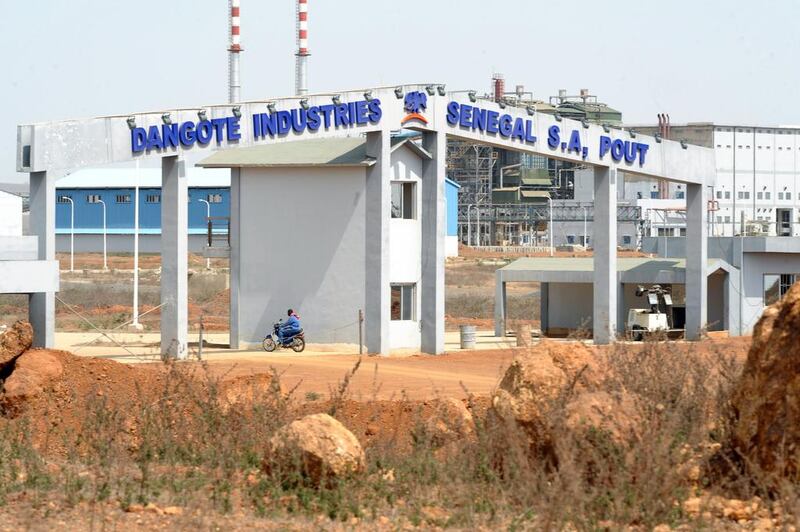Traditionally, investments from the Arabian Gulf into Africa have focused on North Africa, owing partly to closer cultural ties and the Gulf’s focus on western markets. This scenario is slowly changing and so too are the pan-African investment strategies of Gulf investors.
According to the Economist Intelligence Unit, FDI inflows from the Gulf to sub-Saharan Africa topped US$9.3 billion between 2005 and 2015, with Kenya, Uganda, South Africa and Nigeria attracting the largest number of Gulf investors. Investors are becoming increasingly cognisantthat market volatility, partly owing to limited liquidity, requires a longer-term investment approach. Private co-equity investments, the acquisition of private equity-owned assets as well as direct buyouts and the acquisition of minority stakes in companies, are the most significant modes of market entry in sub-Saharan Africa. In 2014, for example, Investment Corp of Dubai invested $300 million into Nigeria’s Dangote Cement, noting that sub-Saharan Africa, and particularly Nigeria, provided significant long-term opportunities.
What is driving interest in Africa? We have the widely-recognised fundamentals. Africa’s growing population currently stands at over 1.2 billion, with about 20 per cent aged between 15 and 24 years. Then there is a rapidly expanding middle class. An emerging middle class presents broader investment opportunities outside of the “traditional” investments in commodities and natural resources.
Critically, there is growing recognition of improvements in democracy, rule of law and recognition of property rights.
Next we have the rapid urbanisation across multiple African countries. According to the 2016 African Economic Outlook Report titled Sustainable Cities and Structural Transformation, the urban population has nearly doubled in the past 15 years from 237 million in 1995 to 472 million in 2015. Structural transformation, however, remains slow, with two-thirds of infrastructure investment needed on the continent by 2050 yet to be put in place. Gulf companies are filling this infrastructure gap – for example the $16bn that Abu Dhabi investors committed to transportation projects across West Africa in 2014, and the $36m project announced by the Kuwait Fund for Arab Economic Development in 2015 to mend a highway in Senegal.
Investor-friendly reforms have been instrumental in increasing foreign investments on the continent. For many foreign investors, investing in Africa is synonymous with challenges including poor infrastructure, political risks, currency volatility and inadequate mechanisms for dispute resolution. According to the World Bank’s 2015 Ease of Doing Business Report, five African countries were among the top 10 improvers globally, with the continent accounting for the highest number of reforms worldwide – 75 out of 230.
Sectors with high return margins for investors are capturing the attention of Gulf investors. Saudi Arabia and the UAE are among the top investors on the continent when it comes to agriculture. The UAE’s Al Dahra Agriculture is investing in wheat farming in Egypt, while Saudi companies have invested heavily in Sudan’s agricultural sector. In financial services, Gulf banks are setting up shop on the continent including Qatar National Bank and Doha Bank. Increasing demand for Islamic finance, is likely to attract future investment.
Investment ventures are not without challenges. The biggest challenge is perception. One of the main factors preventing a more ambitious investment push is the “high-risk” perception among investors, many of which are unfounded. This narrative is starting to change. Until recently investors were more worried about macroeconomic or political risks; now it is more “technical” concerns of market entry. This change in sentiment reflects the realisation that many African countries are starting to achieve political and market stability. Gulf investors are also beginning to understand that each African country is different and each country has its own risk profile and system of doing business.
Atiq Anjarwalla is the managing partner of legal consultants Anjarwalla Collins & Haidermota, which is hosting an African investment conference on Wednesday and Thursday in Dubai.
business@thenational.ae
Follow The National's Business section on Twitter





